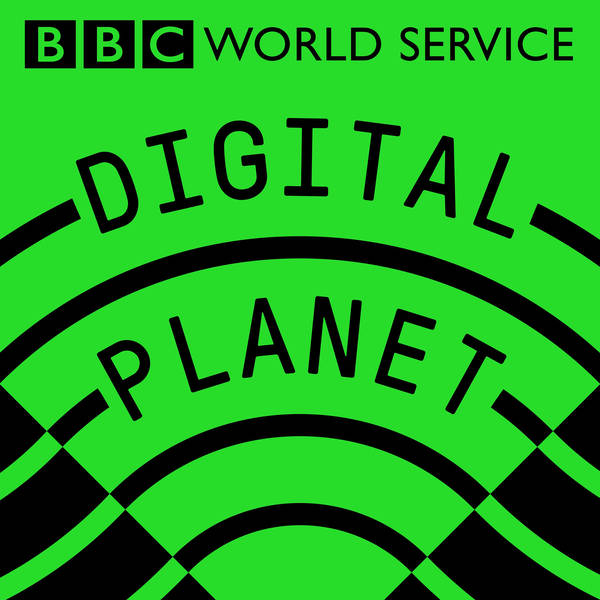
What happens when the Bitcoin miners leave?
In the summer of 2021 Kazakhstan was the second biggest producer of Bitcoin in the world, but what has happened since the crypto currency crash? Tech reporter Peter Guest is on the show to tell us about his trip to the country and how mega warehouses that once contained the computing power to make crypto millions now stand empty in the country’s rust belt. He tells us the story of the rise and fall of the bitcoin miners in this remote part of the world.
Wearable tech, AI and potential new treatments for rare diseases Duchenne muscular dystrophy (DMD) and Friedreich's ataxia (FA) are very rare genetic diseases neither of which has a cure. Now scientists and engineers in the UK have used motion sensors to capture the way patients move. They processed this data through new AI medical technology that they say can predict disease progression and significantly increase the efficiency of clinical trials in these conditions. Treatments are desperately needed as both diseases can lead to paralysis and currently there are often not enough patients for clinical trials. Dr. Valeria Ricotti, honorary clinical lecturer at the UCL GOS ICH and lead author of the studies is on the show to tell us more.
Sony’s new game controller for disabled gamers Our gaming correspondent Chris Berrow reports on Sony’s new “Project Leonardo”, its PlayStation 5 controller for disabled gamers. The company teamed up with accessibility experts and charities to design the modular controller which can be adapted in many different ways to allow as many people as possible to use it. Launched at CES it still doesn’t have a release date or price though.
The programme is presented by Gareth Mitchell with expert commentary from Ghislaine Boddington. Studio Manager: Duncan Hannant Producer: Ania Lichtarowicz
(Image: Huge transformers and high tension cable to power bitcoin mines in Kazakhstan. Credit: peterguest.co)
